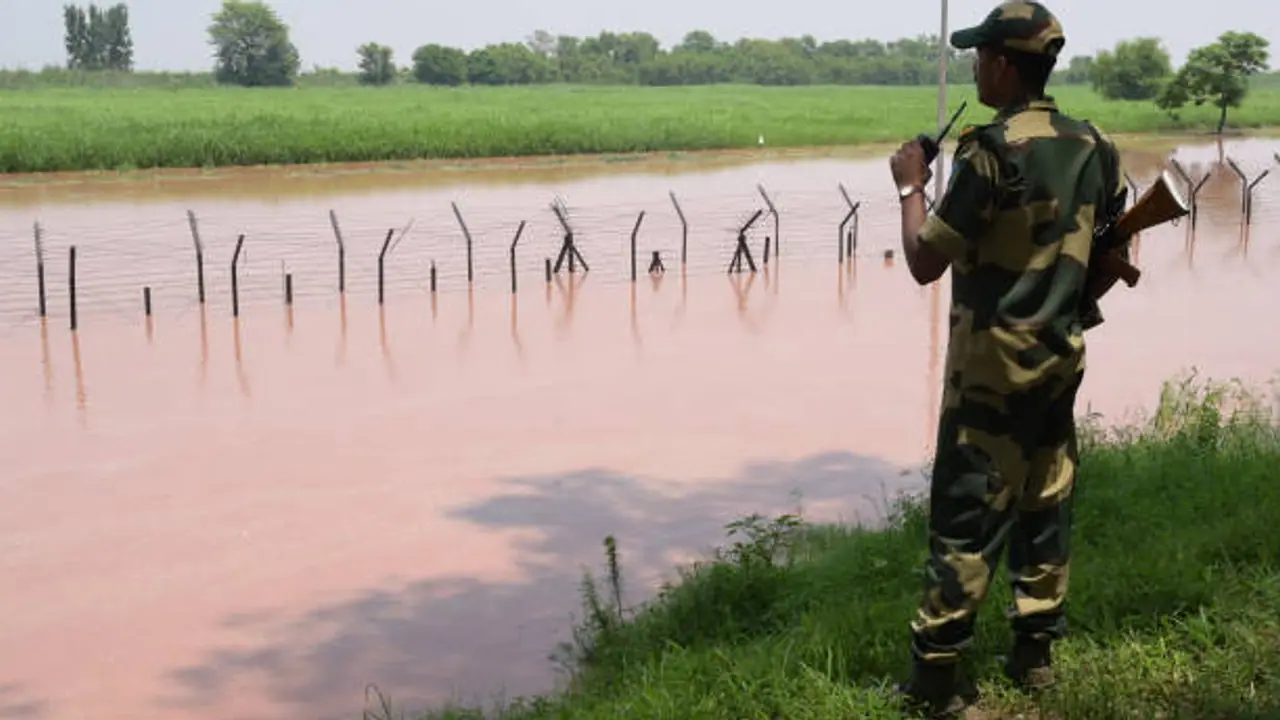Pakistani terrorists have vacated the launchpads and retreated deeper into POK or Pakistan fearing Indian action after the Pahalgam terror attack.
A number of Pakistani terrorists who had been lurking at strategic launchpads in Pakistan-Occupied Kashmir (POK) have vacated the launchpads and retreated deeper into POK or Pakistan after the Pahalgam terror attack, fearing retaliatory action from Indian armed forces.

According to reports, recent intelligence suggests that at least three major terror staging grounds—Shakargarh near Kathua, Samahni adjacent to Nowshera, and Sukhmal close to Hiranagar—are now emptied. These sites, previously teeming with 10 to 12 battle-ready militants from Lashkar-e-Taiba, Jaish-e-Mohammed, and other jihadi factions, were primed for infiltration missions into Jammu & Kashmir, facilitated by the Pakistan Rangers and Pakistan Army.
"Pakistan is spooked by memories of the 2019 surgical strikes by India on terror camps in Balakot, etc. It is clear that in the wake of the outrage over the Pahalgam carnage, shared by countries across the world, the terrorists have been directed to vacate the launchpads and return to bases deeper in Pakistan, lest their terror hideouts are once again hit in retaliatory strikes by the Indian forces," a senior intelligence officer told TOI.
Both the Rangers and Pakistan Army personnel—who customarily supervise and aid infiltrations—have vanished, heightening suspicions that Islamabad is bracing for potential Indian counteraction.
Pakistan's role in Pahalgam terror attack
Investigations spearheaded by the National Investigation Agency (NIA) have uncovered details about Pakistan’s direct involvement in plotting the Pahalgam bloodbath. The lone Pakistani attacker, Hashim Musa, is said to have once served in the elite special forces of the Pakistan Army before being handed over to Lashkar-e-Taiba (LeT) by the ISI to execute attacks targeting non-locals and security forces in Kashmir.
Pakistani handlers are now communicating with their Kashmiri recruits and overground workers (OGWs) through the heavily encrypted app Ultra. Evidence suggests this very platform was actively used in Tral in the lead-up to the Pahalgam incident, providing a secure channel for real-time coordination.
Digital surveillance has intercepted troubling messages revealing that local OGWs were not only aware of the impending attack but were actively assisting the infiltrators. These chats reportedly include discussions about the presence of Pakistani terrorists in Pahalgam and explicit instructions to "help and guide them."
So far, intelligence agencies have identified at least 15 OGWs suspected of being complicit. These individuals are believed to have facilitated logistics, guided reconnaissance efforts, and helped lay the groundwork for the deadly assault.


